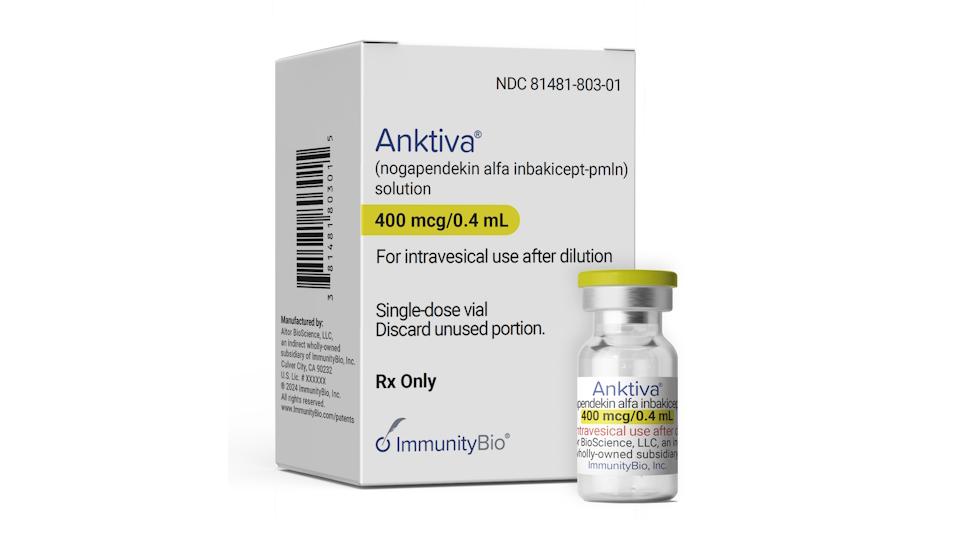Merck & Co's Keytruda fails in first line bladder cancer

Merck & Co’s bid to become standard care in untreated bladder cancer has run into trouble after its Keytruda failed to outperform chemotherapy in this lucrative indication.
Keytruda (pembrolizumab), taken as monotherapy and in combination with chemotherapy, did not meet its prespecified endpoints of overall survival (OS) and progression-free survival (PFS) compared with standard chemotherapy in the phase 3 KEYNOTE-361 trial.
In the final analysis of the study, US-based Merck said there was an improvement in OS and PFS for patients treated with Keytruda in combination with chemotherapy (cisplatin or carboplatin plus gemcitabine) compared to chemotherapy alone.
However, these results did not meet statistical significance per the pre-specified statistical plan.
The monotherapy arm of the study was not formally tested, since superiority was not reached for OS or PFS in the combination arm.
The safety profile of Keytruda in this trial was consistent with previously reported studies, and no new safety signals were identified according to Merck, known as MSD outside the US and Canada.
Results will be presented at an upcoming medical meeting and will be discussed with regulatory authorities.
Keytruda already has three other FDA-approved bladder cancer indications across multiple types of the disease.
The company is continuing with efforts to develop Keytruda in other bladder cancer indications such as metastatic, muscle invasive, and non-muscle invasive disease.
Roche’s Tecentriq (atezolizumab) has been approved since 2017 as a first-line treatment option for ulcerative colitis (UC) patients who were unable to receive platinum-based chemo because of other health-related factors, a group which accounts for an estimated 50% of all cases in the US, according to the National Cancer Institute (NCI).
In August last year, Tecentriq became the first checkpoint inhibitor to show a benefit in previously-untreated patients with bladder cancer, in combination with chemotherapy.
The PD-L1 inhibitor plus platinum-based chemotherapy has been shown to reduce the risk of disease worsening or death in people with previously untreated locally advanced or metastatic urothelial carcinoma – the most common form of bladder cancer – compared with chemotherapy alone.
The new data could make Roche’s drug an add-on option for the group of patients who can receive chemo, extending the eligible population for the drug.













